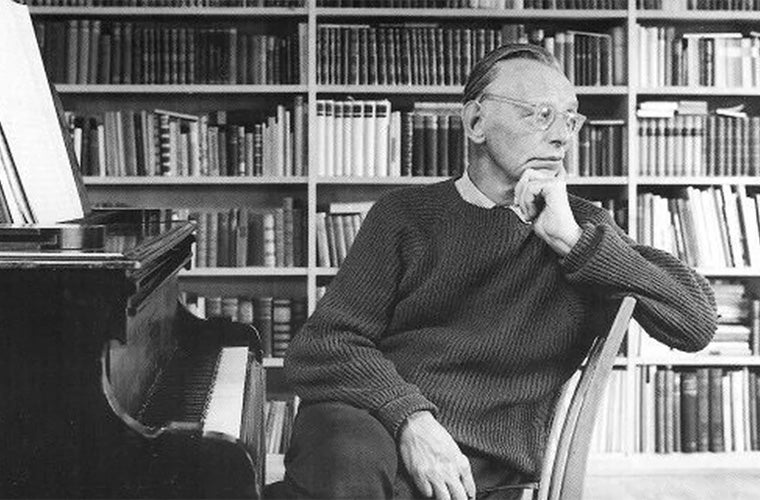" Carl Orff was born on July 10, 1895 in Munich. From a young age he studied piano, church organ and cello, and in 1911, at the age of just 16, his first musical works were performed. He graduated from the Munich Academy of Music and was a conductor and choir director in various orchestras and operas. In the second decade of the 20th century, his interest turned to music education, noting the close relationship between dance and music and influenced by the ancient Greek concept of music and the work of Plato. Many years later, he stated that: “Percussion contains dance. Dance has the closest relationship to music. The idea and the effort to which I subjected myself was a rebirth of music through movement, through dance” (Orff, 1976). In 1924, together with Dorothee Günther, he founded the Güntherschule, a school for dance and gymnastics in Munich. There, as a music teacher, he began developing his educational approach, which he named Orff-Schulwerk. In 1944, the school was destroyed by bombings. The composer again engaged in music education in 1948 through his broadcasts on Bavarian Radio. This is the first time that Schulwerk was addressed to children. With the catalytic contribution of Guilind Keetman, he completes his ideas. From 1962 onward, these ideas were formally taught at the newly established Orff Institute at the Mozarteum University in Salzburg, with the five-volume Orff-Schulwerk as a guiding reference. Meanwhile, his ideas spread worldwide. During a lecture at the University of Toronto, Orff famously stated: "I have done my work. Now it is your turn." (Orff, 1962)
Alongside his pedagogical work, he continued his artistic work as a composer and conductor with particular success. His works include: Carmina Burana, Catulli Carmina, Antigone, Prometheus Bound, Oedipus Tyrannus.
He died on March 29, 1982, at the age of 86.

